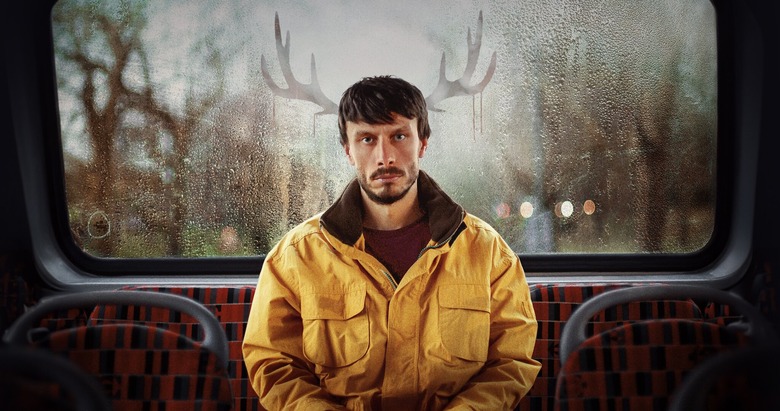Dark New Netflix Drama About A Comedian And His Stalker Earns A 100% On Rotten Tomatoes
Unlike most of us, Richard Gadd deals with the trauma in his life by staging and performing it for audiences. That's what he did in Monkey See Monkey Do, a play from the British comedian which addressed the sexual abuse he suffered when he first got into the entertainment industry. And he's done it again with Baby Reindeer — a raw, heartbreaking Netflix limited series in which Gadd portrays a struggling comedian targeted by a female stalker.
A psychological drama based on the real-life woman who harassed him for years, Gadd's seven-episode series debuted on Netflix a few days ago with a perfect 100% score on Rotten Tomatoes. It's also currently the #2 Netflix series in the US and continuing to draw in new viewers thanks to its unusual premise and heartbreaking depiction of a very dark and very real sequence of events. "In the height of it all, I would go to bed at night and still hear her in my ears," Gadd explains in Netflix's promotional material for Baby Reindeer.
"Her voice swirling around my head. Her words leaping around my eyelids as I tried to sleep. Sometimes it was like she was there in the room with me. In the bed beside me, even."
The woman stalked Gadd both physically as well as by sending him countless voicemail messages that alternated between loving and seriously creepy. If that sounds like a bit too raw of a premise for you to enjoy in the form of a Netflix series, all I can say is I thought so, too. But I was actually surprised by the complex and unsettling narrative that underpins this story, as well as the fact that it stars the guy to whom all of this really happened.
Baby Reindeer is a powerful piece of art, in the sense that it's not just about the woman who stalked and tried to ruin Gadd's life; it's also an examination of his own deeply buried trauma and darkness. "Brave" doesn't even begin to do justice to a Netflix series like this one, among the streamer's best of the recent past. And you can get a sense of the effect Baby Reindeer has on viewers by perusing this Reddit thread, wherein one poster who's been abused in school and in relationships says the show made them feel less alone.
"All I ever wanted to do," Gadd tells Netflix about the show, "was capture something complicated about the human condition. That we all make mistakes. That no person is ever good or bad. That we are all lost souls looking for love in our own weird way."
